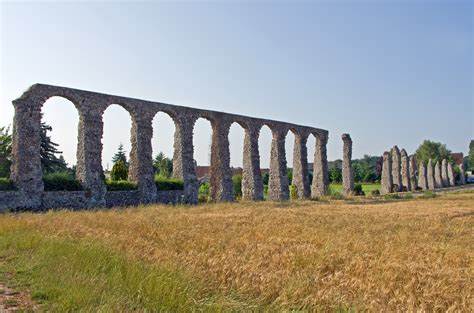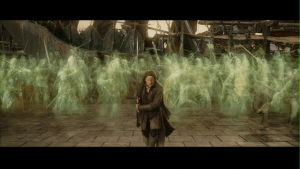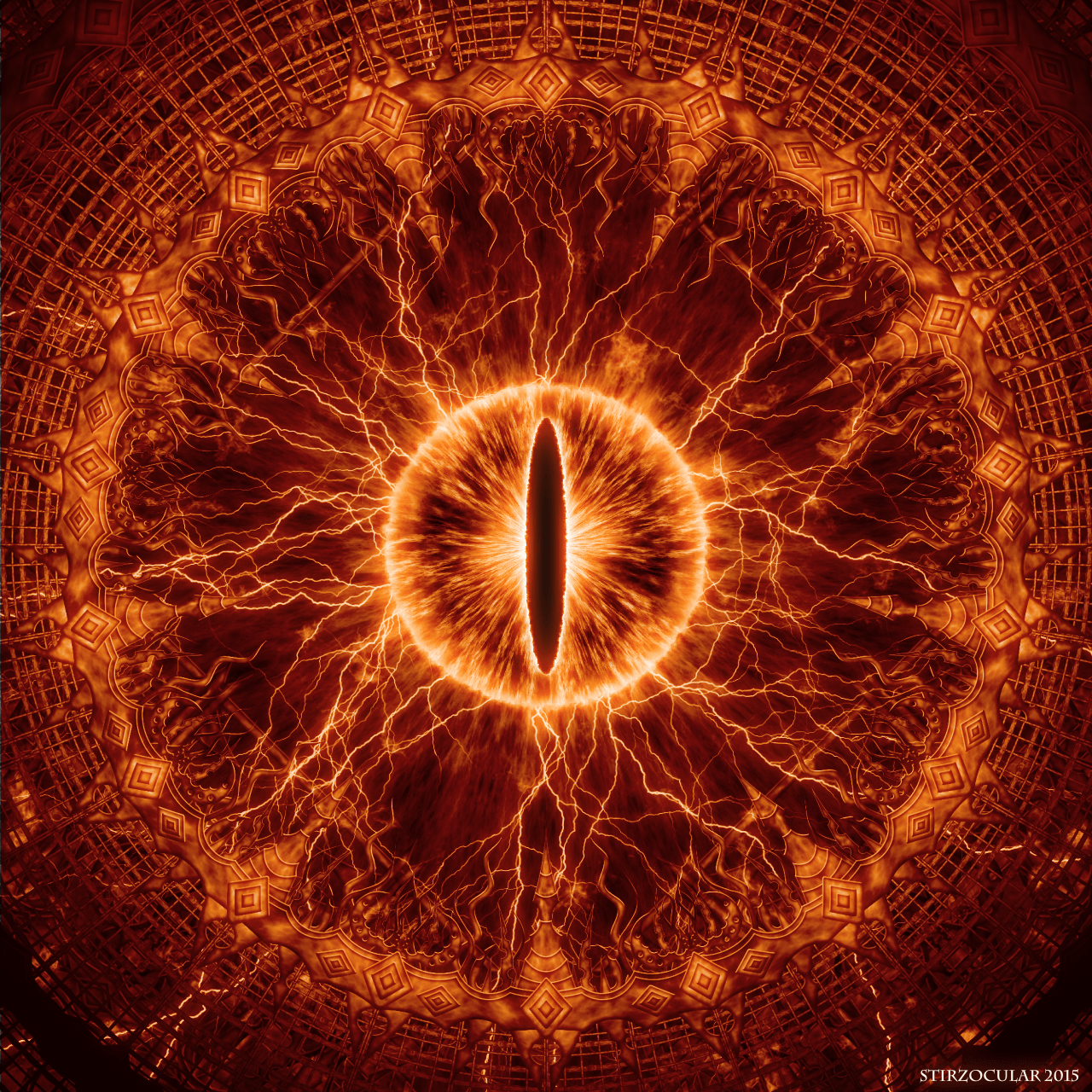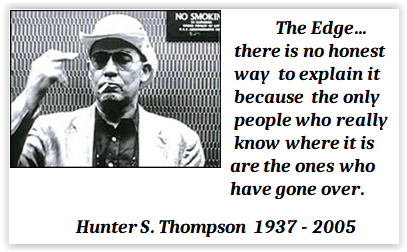After spending 20 years learning how things worked on the upper floors of government (military) bureaucracy and Fortune 500 corporate management I spent another 20 years at the other end of the economic and social spectrum in the collapsed communist world, trying to marry honest American entrepreneurship with aspiring small businesses who wanted to “have biznez like Amerika”.
Only it wasn’t there any longer.
It was in the 80s I learned how things worked in corporate America, then in the 90s learned that things no longer worked that way, and sadly the start-up businesses in the old Soviet Bloc didn’t know that. After coming back from an extended stay in Ukraine and Russia, winter ’91-’92, I quickly found out that the Chamber of Commerce palm-gripping meet-and-greets my law firm sponsors got me invitations to were largely Gordon Gekko’s looking to count coup with sweat shop cheap labor or intellectual property they could steal.
They weren’t “sharers” in the cultural meaning of the term.
I also got to learn how things worked in the Soviet world just as they became free for the first time in 45-75 years, 2 to 4 generations. With that knowledge I spent about 6-7 more years re-evaluating how things once worked in the United States as America was transitioning toward a more corporatist view of the world just as what the small business economies of the East most needed was the business models they had just jettisoned. I didn’t recognize the roots of the New World Order at the time. I felt like Diogenes trying to find an honest man.
It would be the Kosovo War in ’98 before I established a solid base in the Balkans. (I quit both Russia and Ukraine early on. Everything was too mobbed up there.) But when I hung it up in 2008 some of my Balkan friends had done very well in their businesses. They’d moved up. I was proud.
In 2008 I retired and turned to writing about the many experiences I’d had, largely about how things work in one fashion or another.
A Preamble
I’ve found that very few people under 50 today know how things work except as seen from inside the tunnel vision of their own little cubicle; an office, a small circle of colleagues, a political party, Twitter; all very tiny orbits. (I just added John Bolton to my list of Know-Little’s this week and more sadly, am beginning a list of retired senior military officers.)
But asking “How things work” isn’t political. It simply considers dozens of underlying aspects of the human condition, from the internal combustion engine to the cell phone to promiscuity, that shape what we know about other things that somehow affect the way we view the world politically.
And here’s the kicker: How Thing Work, Could Work, Should Work, Can’t Work and Don’t Work, and many more extrapolations you can add to this list, all are subject to laws which are completely and totally outside Man’s control.
This is why I chose Miss Arrogant Self-Contradiction as my poster child for this series.
Consider the cell phone, which will be a topic in this How Things Work series:
“If you are very good at knowing how your cell phone works, but are not being paid to know it, then you arguably know far less than anyone else about almost everything else that is important in life.”

In knowing how things work, History provides interesting insights for it tells us how things used to work, which is actually a prerequisite of really knowing very much about anything. And this requires one to also keep in mind the role of the “expert”, in this case the “historian”, for he/she also has a unique perspective which can sometimes color the “facts” that they present to you, sometime to the point of being “fictitious”.
As we’re learning to the tune of about six trillion dollars in our economy, “experts” who misdiagnose or misstate their facts, no matter what their heartfelt intentions, can have disastrous consequences to millions of people. Again, looking at our poster girl, Missie Disdain: if she weren’t one of those millions who had been harmed by the experts’ mistakes, do you think she’d care?
All history is colored, so I’ll do a segment later on historians, but the widely-read historian, the late Howard Zinn, comes to mind of one who had fictionalized his facts. Zinn decided to rewrite American history through the eyes of a communist, (Peoples History of the United States). His purpose was to show young students that everything that has worked in America really didn’t work, that it was all bad. We see his handiwork daily on Twitter.
To begin with, you have to understand that at certain ages young people can be made to believe almost anything; it just depends on who can get to them first. There are vital laws of Nature about teaching the young, in order to pass on the family line. All animals in nature do this; birds, elk, coyotes.
Zinn had friends in higher places so he was able to have his histories placed in school systems all over the country, and are still widely used in teaching American students today even though his true purposes have been outed for over a decade. Now we’re seeing what kind of damage can happen when things that don’t work, but are allowed to be presented as if they do. So, today, it’s easier to erase true history by tearing down a statue of Christopher Columbus than it is to banish an untrue history of America from public schools, which seems to justify the tearing down of the statue.
One is a deliberate consequence of the other…and all happened because apparently the American people either no longer have a say in such matters, or are unwilling to re-stake their claim to that right. Simple cause and effect.
So, to understand how things work, you have to know a little about what used to work, which is why we have history, which is also why a people’s survival depends on it being honest. And you need to ask why it was replaced in the first place, for again, using history, we can learn that not every replacement is a good thing. In fact some are catastrophes. Mull this over in your mind; if the imperial Russians system was a bad thing (which we’d all probably agree it was), was the Marxist-Bolshevik system that replaced it necessarily a better one?
And who gets to decide? And when? And how?
What I get to bring to the table here is that I don’t just consult historians, CNN, the New York Times or Twitter. I learned to ask survivors of the Soviet system what thought, and thru them, America’s working class.
As you can tell, there are all sorts of natural laws involved that once were considered common sense, so common in fact, too many Americans seem to have forgotten they still have to taught. Good sense is not a part of our DNA. Again, Missie Disdain is a perfect example of what happens when we neglect this.
Learning is generational, so that a 7-year old, a 14-year old, a 20-year old, 40-year old and 60-year old will all see the same event happening in real time by entirely different criteria, each depending on the depth of knowledge and experiences each has and will gain as life goes on.
Ralph Waldo Emerson is reputed to have said that “if a man builds a better mousetrap, the world would beat a path to his door.” What Emerson was talking about was less about technology and more about commerce. The old mousetrap that had been replaced would still work, just not as well as the new model. Modern automobiles are all far more efficient and powerful than a 1952 Chevy, but if suddenly an EMP burst by an enemy shut down our computer systems, old Chevy’s could still be produced, and long-hand math and slide rules could still be used to build buildings. Old land lines would still work. (I think). The Russians were still putting rockets into space with slide rules in the 90s because the old government believed computer technology was too dangerous in the hands of regular people.
So, if you wanted to sit down and think about this “how things work” notion, especially now that you are seeing an entire generation that not only lives in the immediate moment, but only knows life and history beginning from the time they were first aware, how would you organize your own mind to process it? And how would you train and steer your children to?
This will be a series, some short, some longer, about how things work, and how that might be incorporated into your own critical thinking system. It won’t just be about cell phones or politics. It will mostly consider how things work in Nature, where differences of opinion are irrelevant even as Marxists and spoiled children both believe they have the right and power to override it natural laws.
Although I’m a Christian I’ll avoid using the God of Abraham, the Ten Commandments, or the words of Christ, in part because 9 of the 10 Commandments are certified my Nature, anyway, as are ALL of them are “survival enhancing”, which is a firm natural law.
I don’t debate atheists because I already know there are questions they can’t or won’t answer, on both the grand scale about how the universe was created, and on the most personal scale, about the existence of a soul. As one person argued over 50 years ago in college: “If I’m wrong about God then I’ll have spent my life being nice to people, just never receiving a final reward as I’d hoped. But if you’re wrong, consider the shock you’ll get. Dying is a hell of a time to find out there is a Hell out there.
There is also the math. Belief in both things is a crap shoot for both Believer and Atheist…and as every gambler knows, the dice favor the House by 1.41%. This means atheists only have a 48.59% chance of being right, which is why so many start changing their minds once the body signals it nearing closing time. As my grandfather (a wise man) once told me, “The one thing you don’t ever want to find out about Eternity until after you actually confront it is just how long Eternity really is, with or without the fire.” (It could be Barry Manilow music. Or tinnitus.)
Natural Law: That said, in discussing how things are supposed to work, I’ll discuss morality without mention of God, in part because Nature covers most of the same territory, only its punishment isn’t eternal. Just death. Or failure. Or collapse. Sometimes with a second chance, Sometimes not. Nature is fickle.
Scientifically Nature’s rules are generally irrefutable. But Nature has its own set of penalties, from destroying a life, a family, even a complete society, or Nation, when ignoring or violating its laws occur. Nature is totally disrespectful to a person’s intentions. It’s unforgiving of ignorance, indifference, and even know-nothingness. It’s penalties can be fatal, and are always remorseless.
Man’s Law: Of course, this is what this contest on earth has always been about, from the dawning of history. It is with Man’s Law that we have always tried to use Nature to our own selfish ends or on occasion toward benevolent ones. There are why’s to how those things work. The more we understand how things work the more we will understand Nature’s power to be the final judge on earth.
* * * * *
This should be fun. I have a tiny mind, so if there is any subject along the general theme of How Things Work, feel free to offer them here. Just email me (below) with your own composition attached and I’ll print it here, with full attribution (Avatars allowed.)…PROVIDED it makes sense, and isn’t just rambling filth.
Since this will be a series, to find them, just Google, “How Things Work, Bushmills” and it will provide you with the links (unless they decide to purge me.)
***************************************************************************************************************************
VASSAR BUSHMILLS
Contact: VassarB@gmail.com Twitter: BushmillsVassar
Support: Yes, I’ve never paid been a nickel to write. I now have plans to move on some projects. Your help would be appreciated.
Donations can be made to veteranstales@gmail.com via Paypal
Books: Famous Common People I Have Known and Other Essays
Donald Trump, the Common Man and the American Theology of Liberty (2016, pre-election)
(Both books in Kindle format only at Amazon.com, would love to add chapters, and turn into print copies. Publishers welcome.)








 It is said that wisdom is “the quality of having experience, knowledge, and good judgment. “ I am of the opinion that there are far more people in the world that consider themselves "lovers of wisdom" (philosophers) than there are those that actually possess it.
At her founding, the American Nation had already amassed 150 years of " national" wisdom; our first-of-its-kind Nation, built from the bottom up (as opposed to the top-down construction of every previous nation in humankind's history), and the Framers understood that the single-most-important ingredient necessary for her long-term survival was the freedom, liberty, and right to self-determination of the Sovereign Individual of which she would necessarily be comprised.
Join us, or follow along as we take a closer look at these notions.
It is said that wisdom is “the quality of having experience, knowledge, and good judgment. “ I am of the opinion that there are far more people in the world that consider themselves "lovers of wisdom" (philosophers) than there are those that actually possess it.
At her founding, the American Nation had already amassed 150 years of " national" wisdom; our first-of-its-kind Nation, built from the bottom up (as opposed to the top-down construction of every previous nation in humankind's history), and the Framers understood that the single-most-important ingredient necessary for her long-term survival was the freedom, liberty, and right to self-determination of the Sovereign Individual of which she would necessarily be comprised.
Join us, or follow along as we take a closer look at these notions.
 Vassar Bushmills
Vassar Bushmills
Add comment